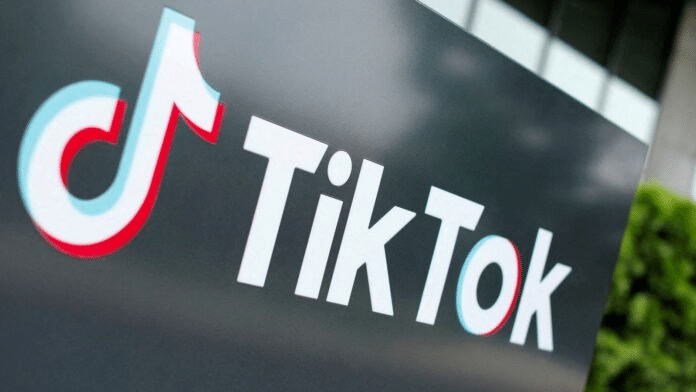Regulating Social Media Usage, we are seeing more and more countries trying to regulate or restrict the usage of social media platforms, and we know that social media has become an inseparable part of our day-to-day activities. It connects people across the globe irrespective of location, driving innovation and improving understanding between different cultures.
However, apart from its positive impact on our lives, severe implications are getting the spotlight nowadays, and countries are taking a step forward to regulate these platforms regarding their usage, audiences, and information exchange. Let’s explore the implications below that driving this concern.
Regulating Social media Protecting Children and Youth
Social media platforms are popular among younger users, but these numbers of users are most vulnerable to its negative impact. Concerning cyberbullying, exposure to harmful content and the effect of addictive algorithms have driven many countries to impose these regulations.
For Example:
- Australia: It has banned media for children under 16 to combat cyberbullying and excessive screen time.
- France: It imposes a regulation requiring parental consent for children under 15 to create social media accounts.
Restrict Misinformation and Fake News
Social media platforms are straightforward platforms for spreading misinformation or fake news, and this has become a global issue now that they influence elections, spread negative news among the people, fuel societal divisions, and undermine trust in institutions.
For Example:
- India: Introduced guidelines mandating platforms to swiftly identify and remove fake news.
- The European Union: Implemented the Digital Services Act, which ensures platforms remove harmful content and misinformation and combat disinformation actively.
Ensuring National Security
Social media platforms can present security threats by making users vulnerable to target, cyberattacks, and foreign meddling. To protect the national security and protect national interests, governments are regulating social media platforms.
For Example:
- United States: While investigating TikTok, the US also found some data privacy concerns and links to China. And Montana became the first state to ban entirely application.
- China: Limiting access to foreign social media platforms where data might not be stored in their control and providing domestic alternatives.
Preventing Online Harassment and Cyberbullying
Social media platforms serve as simple channels for disseminating misinformation or false news, and this has evolved into a worldwide problem as they impact elections, propagate negative narratives among the public, intensify societal fractures, and erode confidence in institutions.
For Example:
- Germany: The Network Enforcement Act (NetzDG) regulates social media platforms by mandating that they remove hate speech and unlawful content within 24 hours. If they do not, the platforms may be fined.
- India: The country mandates online intermediaries to establish grievance mechanisms to handle such incidents.
Addressing Privacy Concern
Amidst frequent reports of data breaches and privacy issues, there is increasing unease regarding social media firms’ collection, storage, and utilization of personal data. Regulations like the GDPR in the EU impose strict requirements for data protection, empowering users with more authority over their personal information.
For Example:
- European Union: GDPR sets a very high standard for data privacy, transparency of data usage, and user rights.
- Brazil: Passed the General Data Protection Law (LGPD), enhancing transparency around data usage.
Restriction of Addiction and Mental Health Issues
The algorithms of these social media platforms keep engaging people for more time than they can realize, and they can end up spending more and more time on the platform and consuming content, which could affect their mental health, sleep health, and overall body. Countries are taking action by educating the people and regulating social media platforms.
Conclusion
However, we can’t deny that social media has transformed how we interact, learn, and share experiences ourselves, but along with these, we have specific challenges that cannot be ignored and make regulating social media platforms a must. Countries need to regulate their usage by younger populations and citizens unaware of various ongoing types of scams. Along with this, national security, data privacy, misinformation, and fake news matter for every country, and they can’t lose any spotlight on this.







[…] regulating their social media use. Countries like France, Germany, and Australia have implemented stricter regulations on platforms targeting younger users. For example, Australia recently imposed a total social media […]